FOODS AND NUTRIENTS FOR ANEMIA
In this article, you will get to find out the foods for anemia which precisely involves foods or nutrients’ purposes and effects and reason why we have to increase the intake of these foods and nutrients in order to fight against anemia.
According to medicinenet, anemia is a disease relating to lack of blood or simply put as “the lack of blood” which is used to describe a reduction in red blood cell (erythrocyte) count precisely in the blood. The cells mentioned here are the cells that give the blood its red color and also ensure the transportation of oxygen (life-giving) to all of the cells of the body.
This blood disease called anemia may be caused as a result of various mechanisms which may include the following:
Blood production being insufficient:
Insufficient blood production may be as a result of insufficient protein, iron, folic acid and variety of vitamins. It is clear that red blood cells live one hundred days and while this is happening, the bone marrow is busy and constantly producing new erythrocytes.
SEE ALSO: Benefits of Noni Leaves
Now, as the bone marrow is producing new red blood cells, it requires protein, iron, folic acid and vitamins. Iron is one of the scarcest nutrients and under this condition an anemia is produced which is called iron deficiency anemia.
Blood cells destruction:
Destruction of blood cells produces hemolytic anemia. The erythrocytes are destroyed as a result of several causes of diseases and this is in connection to hemolytic anemia.
Loss of Blood:
In some circumstances, stomach bleeding or intestinal bleeding may appear unnoticed thereby causing blood loss. And again, acute hemorrhage or small hemorrhage is one of the primary ways in which we can recount blood loss.
DIETS OR FOODS THAT HELP WITH ANEMIA
Foods and simply put diet play vital roles in providing the much needed or the necessary nutrients for the production of blood cell.
The most needed or the important of these nutrients which will help fight against anemia are:
Iron
Vitamins B12
Folic acid or folates
Proteins
Other necessary nutrients needed for the production of blood cell are
Vitamins B1, B2, C and E
Copper
Purposes and Effects of Foods and Nutrients for Anemia
The following are foods and nutrients necessary for blood production.
Legumes
Legumes are a group of foods for anemia because they are highly rich in folates, iron, iron and other nutrients.
Fruits
It is noteworthy that all fruits facilitate or promote the iron absorption especially the acidic fruit. A study carried out in Texas, USA concluded that iron consumed with milk always has absorption rate at 5.7% while on the other hand, when fruit juice is taken with iron, the rate of absorption reaches 13.7%.
Soy
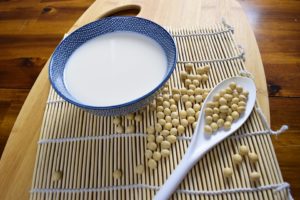
In the legume family, soy is the most iron-rich and to add to its richness, the derivatives are all good source of this same mineral. For instance, “tofu” gives about 5.36 mg / 100 g of iron and this is about thrice the content from meat or soft cheese.
Again, soymilk or soy beverage puts out about 0.58 mg / 100 grams and this is about ten (10) times that of cow’s milk.
Alfalfa
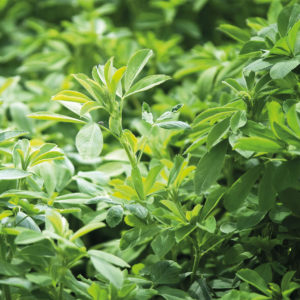
Alfalfa sprouts make available almost 1 mg per 100 grams of iron and this is approximately what beef provides. Alfalfa also makes available vitamin C, which helps in the absorption of iron and other trace elements involved in the process of blood production.
Alfalfa in essence has anti-anemic and tonic effects. It also provides variety of minerals.
YOU MAY LIKE: Foods to Avoid with Candida
Leafy Green Vegetables
Spinach, lettuce and chard are some of widely known leafy green vegetables that are rich in iron. They make available magnesium which facilitates in forming parts of chlorophyll. They also provide trace elements, for example copper which promotes the blood cells production in the bone marrow.
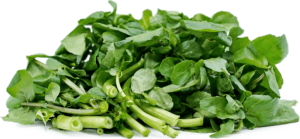
Watercress provides vitamins, iron and other minerals that facilitate production of blood. There is a detailed post on watercress. You will get the vital information on watercress and its health benefits as one of the foods for anemia.
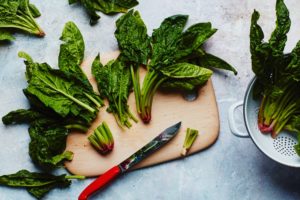
As stated earlier, spinach makes available more iron than beef or meat, however, it is somewhat difficult to absorb. It provides trace elements and vitamins that help facilitate the production of red blood cell.
I made a detailed post on Spinach so that you can get the much needed information regarding spinach and its health benefits.
Would like to get the most needed information about the red beet? You can check the link provided here and see why the red beet is regarded as one of the foods for anemia.
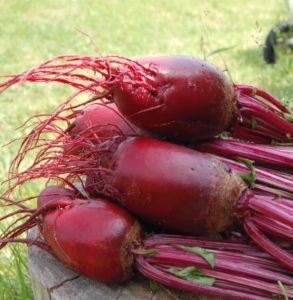
It is rich in iron in amount that is much more than meat. It also provides vitamin C and fosters the stimulation of blood production which takes place in the bone marrow.
In order to maximize benefits of red beet as one of the foods for anemia, drink 40 to 100 ml of red beet juice before each meal. This should be freshly prepared.
Avocado
This is another food for anemia because it is highly rich in iron and as a fruit, it is also rich in vitamin C and this makes a fair absorption.
Apricot
When fresh or dried, it has an anti-anemic effect although it’s not that highly rich in iron. The apricot treatment works well and can be compared when using beef liver. Its effectiveness is worth the try when you want to improve iron deficiency anemia.
Lemon
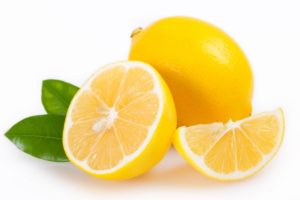
This fruit is regarded as one of the foods for anemia because a drop of lemon juice introduced into grain or salads or legume dishes fosters iron absorption and quite beneficial regarding anemia cases.
It is also worthy to note that lemon promotes nonheme iron absorption which can be found in vegetables, fruits, legumes, eggs, grains and milk because of its organic acid and vitamin C content.
Sunflower Seeds
Did you know that sunflower seeds are quite rich in iron, vitamin B, E and other minerals? It is recommended that those who are undernourished, convalescing or anemic eat unsalted seeds of sunflower.
Grape
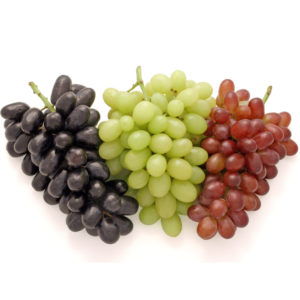
Grape makes available trace elements and copper which help in the assimilation and absorption of iron. Grape is one of the fresh fruits that is highly rich in iron.
READ ALSO: How to Boost the Immune System
Pistachio
They are rich in copper and iron, and trace elements that are capable of putting into action their anti-anemic properties. The copper that pistachio contains also promotes the assimilation and absorption of iron.
Spirulina
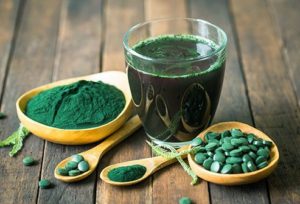
This is a bacterium which is microscopic and also considered as an alga. It is rich in iron. It also makes available vitamin B12 which is need for anemia of certain types.
It is believed that the vitamin B12, doesn’t seem well absorbed because it is chemically different from true vitamins.
Iron
This nutrient is mostly in short supply and the most needed nutrient in the production of red blood cells. One of the problems is the absorption of iron in the intestine and this is particularly nonheme iron.
However, vitamin C, copper and acids help promote the absorption of iron (especially this type iron).
Meat
Meat is considered as one of the foods for anemia because of the heme iron it contains. It has been used for generations as an effective way of treating anemia. The heme iron meat contains is absorbed, easily than nonheme iron which is mostly found in plant-based foods, eggs, vitamin B12, and milk.
Meat in some cases may be used but not used for blood production essentially, because it has so many drawbacks.
Molasses
This is sweetener and a wonderful replacement for white sugar. White sugar contains no minerals or iron and for this, molasses is a good replacement because of its iron and mineral-rich content in natural products.
Vitamin B12
A condition called megaloblastic anemia occurs when there is lack of vitamin B12 which can produce some large erythrocytes although the needed requirement in a day is quite small. Vegetarian diet that is somewhat strict and very poor in maintenance may be responsible for the lack of vitamin B12.
Folates
For erythrocytes production, folates are needed and are quite necessary. Folates are contained in green leafy vegetables and legumes. Its deficiency tends to increase the size of cells produced and diminishes the number.
Vitamin E
When there is lack of vitamin E, it leads the erythrocytes being fragile and this gets the erythrocytes easily destroyed. Supply of vitamin E will facilitate the stabilization of the cells thereby avoiding unavailability.
Vitamin C
By double, vitamin C is capable of increasing the measure of absorption of iron and also compensates for iron absorption reduction which may be as a result of phytates found in whole grains.
CHECK OUT THIS: Health Benefits of Garlic
B Group Vitamins
To avoid the lack in B group vitamins which may aggravate certain types of anemia, we should add foods that help with anemia to our diet. This is because vitamins B1, B2, B6 facilitate production of blood cell.
The above mentioned foods and nutrients are needed or required in order to alleviate anemia. However, there are certain foods we should reduce or eliminate their intake in order to tackle anemia.
Wheat Bran
There is always an interference with absorption of zinc, iron and other minerals because of the phytates wheat bran contains. In essence, 30 g of wheat bran should be consumed on a daily.
However, if wheat bran is taken with vitamin C or with any other whole grain, it can help and reimburse for the decline in absorption caused by phytates.
Tea
Phenolic tannins interfere with iron absorption and tea contains much phenolic tannins.
Alcoholic Beverages
Alcoholic beverages cause interference in folates assimilation and other B group vitamins and this can originate anemia. This also explains why anemia is mostly seen in heavy drinkers of alcoholic beverages.
Milk
Milk is capable of causing very tiny intestinal and gastric hemorrhages especially in children allergic to cow’s milk. Milk contains iron in very little amount and very disadvantageous when consumed in large quantities.
VISIT BLOG FOR MORE ARTICLES ON HEALTHY FOODS AND DISEASE-FIGHTING FOODS

A graduate of Computer Science and Information Management Technology. Diploma – Caregiving, Certificates – Dementia and Diabetes Awareness and Management. A researcher, blogger, songwriter, singer and acoustic guitarist. Born in an environment where natural talents such as healing are imparted at our natural birth. This natural talents of healing is the result of our genetic inheritance and the training from family environment.


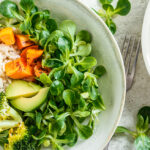
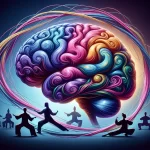

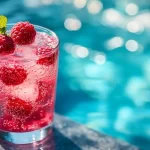


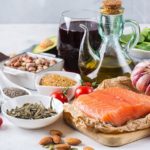
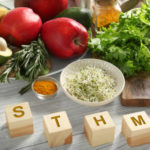
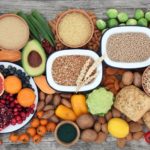


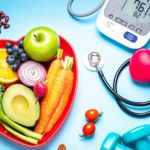



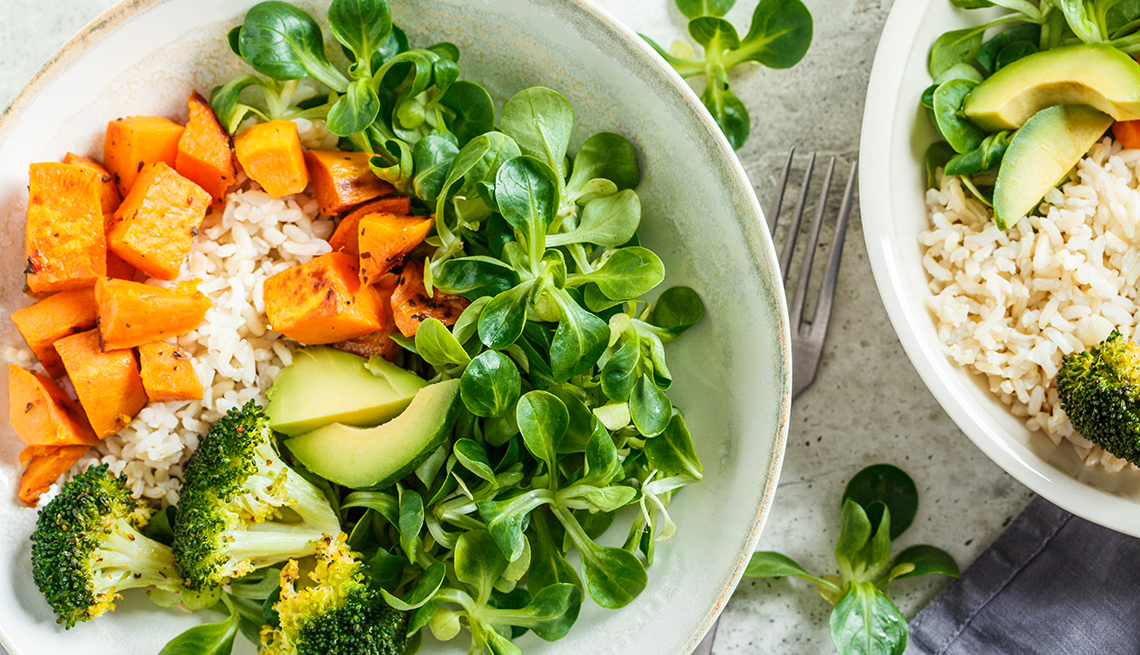
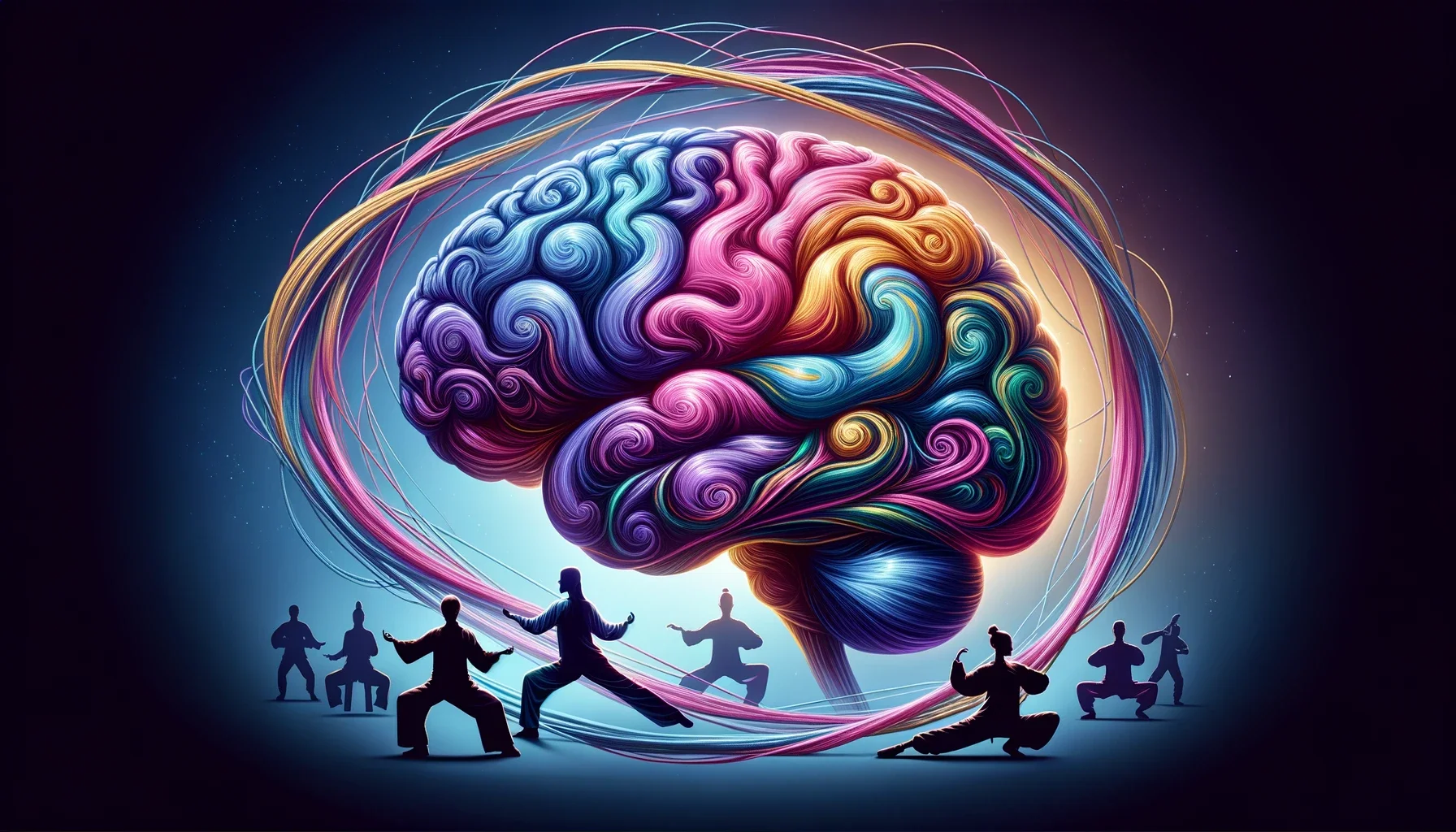

C vitamin supplements are really useful to ensure that individuals obtain sufficient c vitamin. However, with a balanced diet the quantity of c vitamin your body receives may very well be sufficient.
Take a look at my webpage Vitamin D
Of course